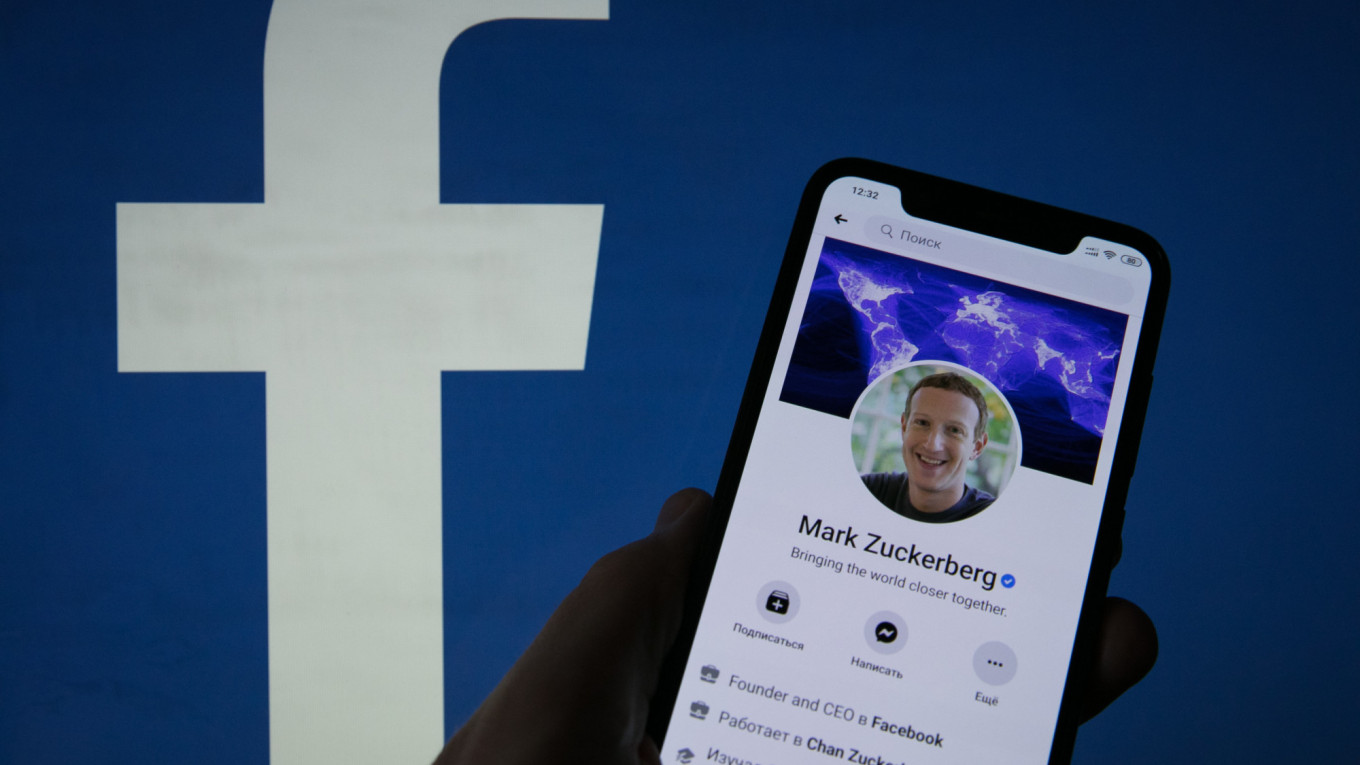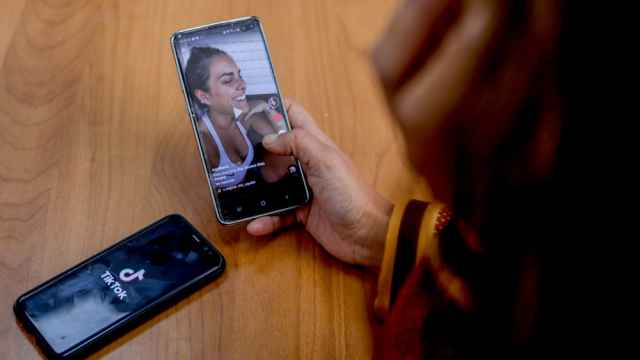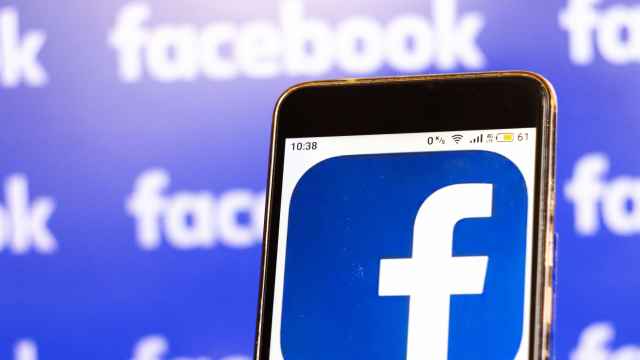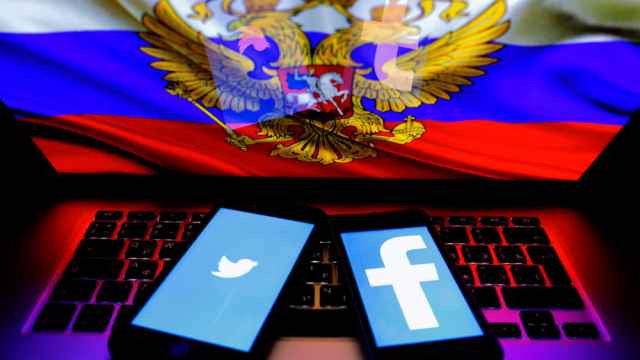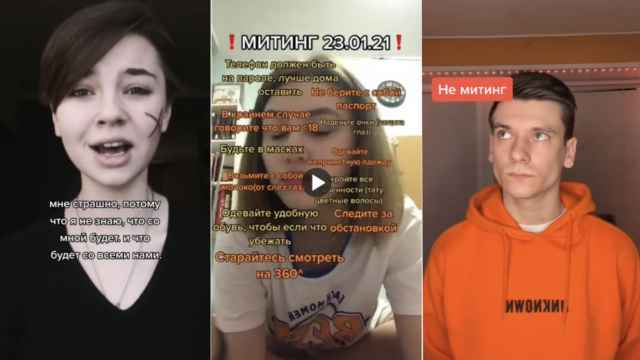Facebook on Wednesday said it derailed a deceptive campaign to use hundreds of bogus Instagram accounts to mislead people in Russia protesting the arrest of Kremlin critic Alexei Navalny.
The network of Instagram accounts used hashtag and location "poisoning" typically associated with spam or financial scams to drown out posts by protesters, according to Facebook global threat disruption lead David Agranovich.
The tactic involves coopting hashtags being used as social media markers for hot topics, in this case protests, by unleashing torrents of posts bearing the labels.
"If you have a hashtag that an activist movement is using to organize itself and you fill it with random, unrelated content, you make it less effective," Agranovich said.
"Also, we saw them trying to fill it actually with content that might suppress people or convince people not to protest."
Some of the location tags were places where protesters planned to gather in Moscow and Saint Petersburg, Facebook said.
Accounts in the network used celebrity photos or profile photos evidently generated automatically by software, and posts included claims protests were being criticized by a TikTok star and that lots of children were attending rallies, the report detailed.
Facebook declined to speculate on the origin of the campaign.
But it said those orchestrating the campaign relied on recently created accounts to post "large volumes of irrelevant or critical content with particular hashtags and location tags to drown out relevant information and redirect the conversation."
Some of the Instagram posts suggested people got Covid-19 and died as a result of attending protests, according to samples provided by Facebook, which owns the image-centric service.
The bogus network also "poisoned" hashtags with ads for women's clothing or handbags, Facebook reported.
The U.S.-based social network said its automated systems detected and disabled 530 Instagram accounts being used in the campaign.
Facebook reported that 55,000 people followed one or more of the Instagram accounts.
The deceptive activity was traced only to "individuals operating within Russia," according to Agranovich.
Navalny used Instagram on Wednesday to quip that "everything is fine" and make jokes about prison life in his first message from a detention center outside Moscow.
President Vladimir Putin's most prominent critic said he was being held in the Kolchugino detention center in the Vladimir region northeast of Moscow.
Navalny was sentenced last month to two and a half years in a penal colony for breaching parole terms while in Germany recovering from a poisoning attack.
A Message from The Moscow Times:
Dear readers,
We are facing unprecedented challenges. Russia's Prosecutor General's Office has designated The Moscow Times as an "undesirable" organization, criminalizing our work and putting our staff at risk of prosecution. This follows our earlier unjust labeling as a "foreign agent."
These actions are direct attempts to silence independent journalism in Russia. The authorities claim our work "discredits the decisions of the Russian leadership." We see things differently: we strive to provide accurate, unbiased reporting on Russia.
We, the journalists of The Moscow Times, refuse to be silenced. But to continue our work, we need your help.
Your support, no matter how small, makes a world of difference. If you can, please support us monthly starting from just $2. It's quick to set up, and every contribution makes a significant impact.
By supporting The Moscow Times, you're defending open, independent journalism in the face of repression. Thank you for standing with us.
Remind me later.


